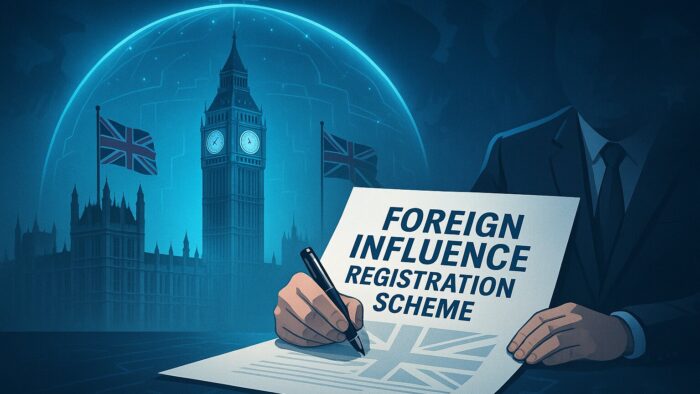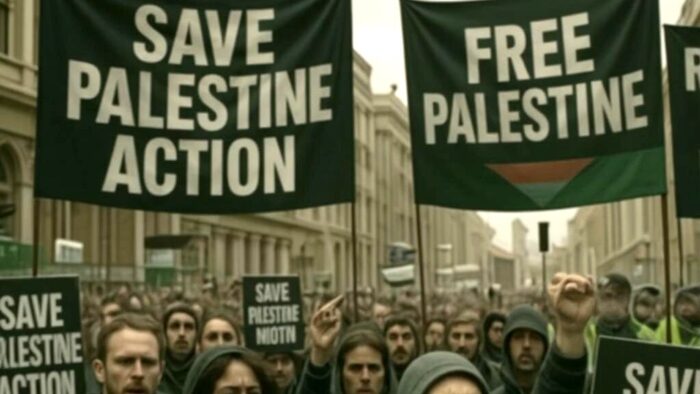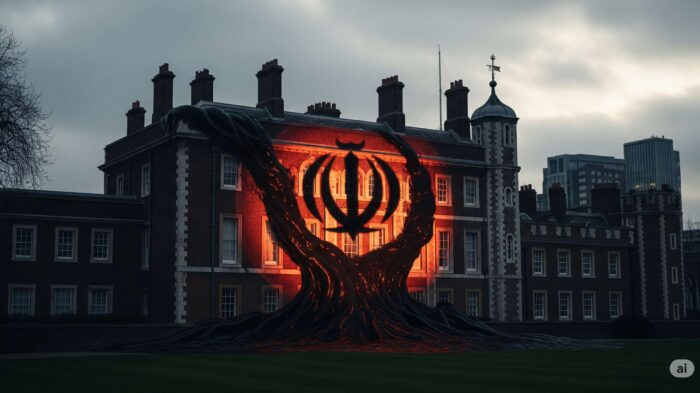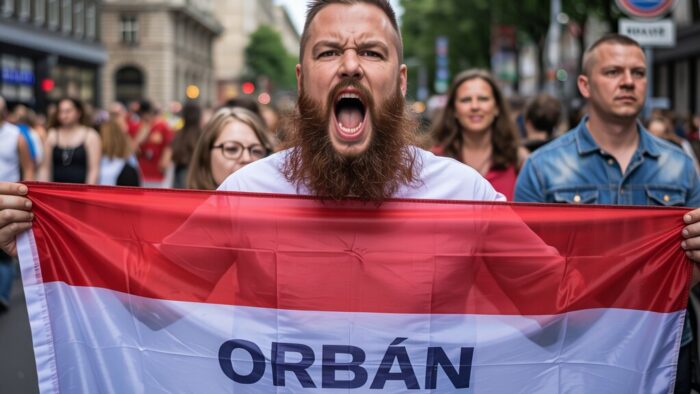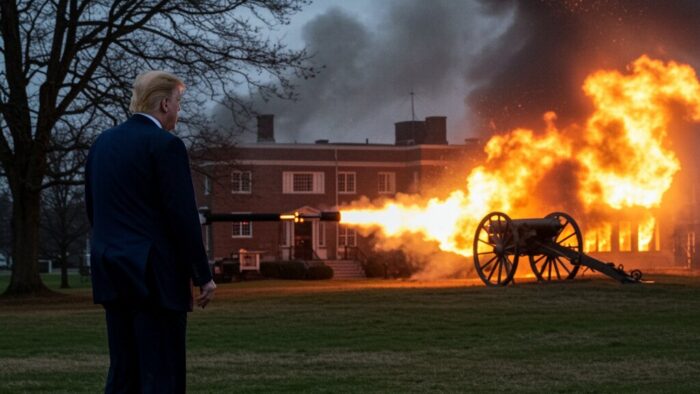Reuters has published an investigation into the identities of key figures pushing pro-Russian positions in Germany. According to the report:
January 3, 2023, Cologne, Germany In a square beneath the twin spires of Cologne’s gothic cathedral, around 2,000 protesters gathered in September to urge Germany’s government to break with the Western coalition backing Ukraine and make peace with Russia. “We must stop being vassals of the Americans,” right-wing German politician Markus Beisicht said from a makeshift stage on the back of a truck. The crowd clapped and waved Russian and German flags. A lean man in camouflage trousers stood at the side of the stage, obscured from the crowd by a tarpaulin. A few metres away, a burly man in dark sunglasses stood guard. The rally’s organisers did not welcome questions. Most declined to speak when approached by a Reuters reporter. One protester tried to persuade a police officer to arrest the reporter as a Ukrainian spy. The rally was just one of many occasions — online and on the streets — where people have clamoured that Berlin should reconsider its support for Ukraine. That message taps into deep connections between Germany and Russia, with several million Russian speakers living in Germany, a legacy of Soviet ties to Communist east Germany, and decades of German dependency on Russian gas. The stakes are high: if Germany, the European Union’s biggest economy, turns its back on Kyiv, European unity over the war will fracture. Through interviews and a review of social media posts and other publicly available information, Reuters has established the identities of key figures involved in pushing a pro-Moscow stance inside Germany since the war began, including the two men hovering near the stage in Cologne.
The Reuters report goes on later to identify some of the individuals as linked to far-right organizations and/or far-right ideology:
Reuters found that some of the loudest agitators for a change in German policy have two faces. Some use aliases, and have undisclosed ties to Russia and Russian entities under international sanctions, or to far-right organisations. German authorities have linked one of the people identified by Reuters to a far-right ideology. Some of its proponents were accused by police in December of plotting to overthrow the state. He runs a German-language social media channel called the “Putin Fanclub” and, in an echo of the alleged plot, called on social media early last year for the storming of the German parliament.
Read the full report here.
Since October of last year, the Global Influence Operations Report (GIOR) has been tracking the Global National Conservative Alliance, described in a GIOR report as follows:
Russian President PUTIN has expressed an interest in Russia becoming the ideological center of a new global conservative alliance, and European far-right leaders have taken pro-Russian positions based on a similar ideology. Hungary is at the center of a developing alliance between European far-right nationalists and American conservatives that Russia could potentially exploit for use in information warfare. This alliance operates under the rubric of “National Conservatism,” centered on national sovereignty, cultural identity, and opposition to global institutions and representing a potentially radical change for the US conservative movement away from long-held Reagan-era philosophies.
Read the full report here.
The GIOR considers the kind of far-right organizations described above as an even more extremist manifestation of the GNCA.
